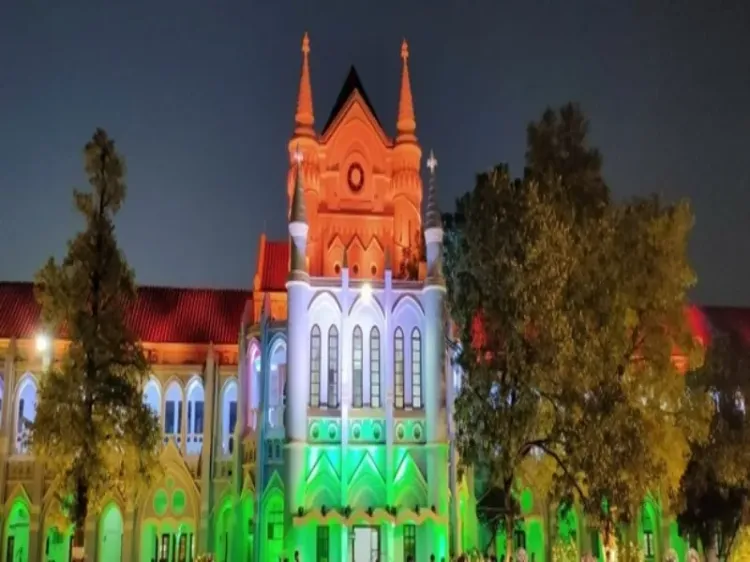Why Did the Madhya Pradesh HC Order an SHO to Plant 1,000 Trees?

Synopsis
Key Takeaways
- Accountability in law enforcement is being emphasized.
- The ruling promotes environmental sustainability.
- Timely communication with victims is critical for justice.
- Restorative justice is gaining traction in Indian courts.
- Personal accountability for public officials is becoming increasingly important.
Jabalpur, June 26 (NationPress) In a remarkable decision that intertwines responsibility with environmental sustainability, the Madhya Pradesh High Court situated in Jabalpur has mandated Satna's City Kotwali Station House Officer (SHO), Ravendra Dwivedi, to plant at least 1,000 fruit-bearing trees in Chitrakoot, District Satna, due to his failure to timely serve a court notice to a victim.
This directive, issued by a division bench, follows SHO Dwivedi's formal apology and acceptance of a ₹5,000 fine previously imposed by the Inspector General of Police.
In addition to the fine, Dwivedi has pledged to execute the plantation initiative between July 1, 2025, and August 31, 2025.
The court has specified that fruit-bearing varieties like mango, jamun, mahua, and guava should be planted.
As part of the compliance protocol, photographs and GPS coordinates of each sapling must be submitted to the High Court registry.
Moreover, the SHO is responsible for maintaining the plantation for a full year to ensure their healthy growth.
Notably, the entire cost of this endeavor will be personally covered by Dwivedi, highlighting a rare instance of direct accountability within the law enforcement framework.
The court has also instructed the Superintendent of Police (SP), Satna, to conduct an on-site inspection of the plantation and submit an affidavit confirming compliance.
This affidavit must accompany the final report, which will be reviewed during the next hearing on September 16, 2025.
Legal scholars observe that this order signifies a transition toward restorative justice and delivers a strong message about institutional accountability regarding vulnerable victims.
The case is now officially scheduled for further compliance. This decision arises from a procedural error in a 2021 case where the Satna District Court sentenced one Ram Avtar Chaudhary to life imprisonment for molesting a minor.
Upon appeal, the High Court issued a notice to the victim on September 30, 2024, intended to be served by the Kotwali police.
However, the notice was never delivered, leading the court to take stringent action during the hearing last Tuesday.









